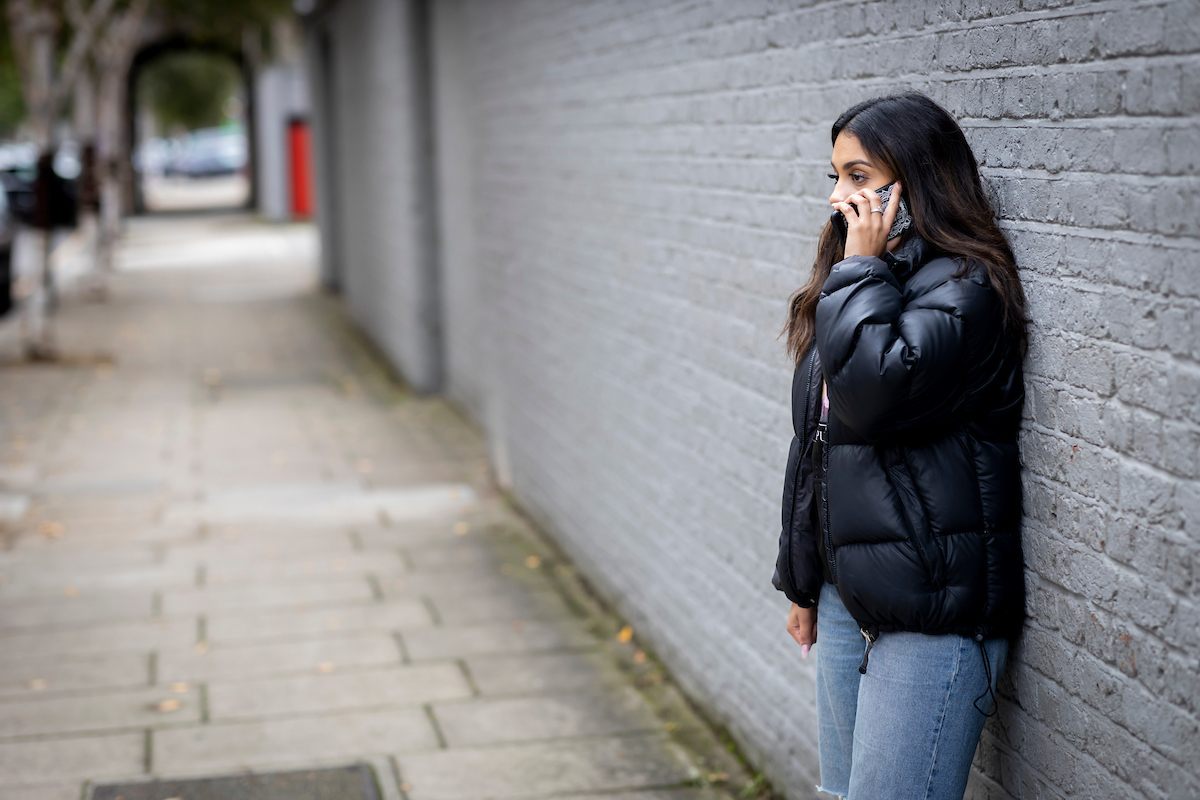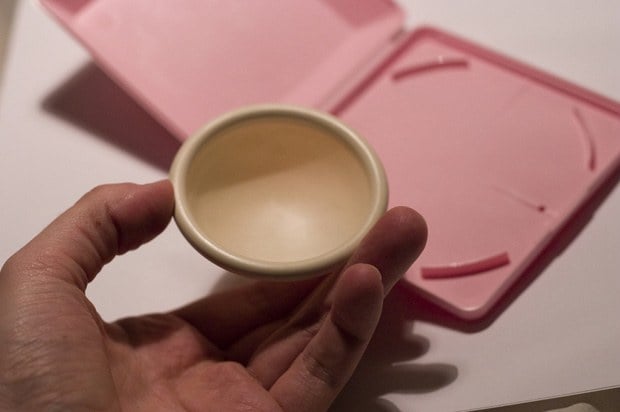The morning after pill
Sometimes birth control doesn’t always do what it’s supposed to. Or maybe you forget to take it. In either case, you’re gonna need to figure out a way to stop yourself from growing another human. Luckily, that’s what the morning after pill is for. But what does the morning after pill do? The Mix talks you through it.

What is the morning after pill?
The morning after pill is a type of hormonal contraception. There are two kinds: Levonelle and EllaOne. Levonelle contains a synthetic hormone that prevents the egg from being implanted in the womb. EllaOne prevents or delays the release of an egg, a.k.a ovulation. At the end of the day, they both get the same result. So it’s up to you whichever one you choose.
Like so many things that somehow manage to catch on, the term ‘the morning after pill’ is actually misleading. It can be used to prevent pregnancy after unprotected sex for up to five days.
How effective is the morning after pill?
It’s simple really, Levonelle effectiveness is higher the sooner you take it. But we know that you’re here for the specifics. So a recent trial shows that if its taken within 24 hours of unprotected sex, Levonelle effectiveness is 95%, 85% if taken within 25-48 hours, and 58% if taken within 49-72 hours.
EllaOne can be taken up to 120 hours (five days) after unprotected sex. This one’s actually believed to be more effective than Levonelle, regardless of when you take it.
In case you wanted proof that the morning after pill is effective, now you have it.
Side effects of the morning after pill
Some women who take the morning after pill may experience short-term side effects. This includes dizziness or nausea, stomach cramps, tiredness, and irregular bleeding.
If you throw up within two hours of taking a pill you should see your doctor. The pill might not have had time to enter your system which could mess with its effectiveness as a contraceptive. You might also have to take a pregnancy test later down the road to make sure you’re in the clear.
Where to get the morning after pill
It’s free from a lot of different places. Your GP, local family planning clinic, GUM clinic, sexual health clinic or Brook Centre. You can find your nearest one by using the Brook or NHS Choices website.
If you’re over 16, it’s also available over the counter from selected chemists (you need to be 18 or over to buy ellaOne) and costs around £25.
Whatever option you choose, it’s vital that you seek help ASAP to keep your options open. If you’re worried about finding an open clinic or chemist near you, then give your GP, the FPA or Brook a call.
What does the morning after pill do to your menstrual cycle?
Most women have a normal period after taking the morning after pill. The only difference is that it may come earlier or later. If your period is more than seven days late, contact your GP as soon as you can.
How to get the morning after pill on holiday
The morning after pill is widely available in Europe and in the USA. But you’ll have to pay for it. The price’ll vary according to where you are. For example, it’s around £8 in France, £25 in Switzerland, and $35-$60 in the USA.
If you’re going to more remote parts of the world, it’s worth taking one with you. Just in case they’re not readily available. You never know what might happen.
Is the morning after pill a good method of contraception?
The morning after pill isn’t exactly the same as other types of contraception. In fact, it definitely shouldn’t be your go-to contraceptive choice. This is because it’s designed to only be used in emergency situations. So the answer to the question ‘What does the morning after pill do’ is only really relevant if you don’t take it regularly. Remember, you should consider it as a back-up option in case something goes wrong with your chosen form of birth control.
Is there any other emergency contraception available?
Yes, there are other types of emergency contraception out there. Namely, the IUD (intrauterine device, or coil).
What is the IUD? And how does it work?
The IUD is a small copper device that has to be fitted inside the uterus by a doctor within 120 hours (five days) of unprotected sex. This method of emergency contraception works in the same way as the pill. This means that it prevents an egg implanting in the womb or being fertilised. The only difference is that you’ll have to wear it until your next period (when you’re sure you aren’t pregnant).
Alternatively, you can use it as a regular contraceptive (but will only protect against pregnancy and not STIs).
Do you have an experience with the morning after pill you’d like to share? Head over to our discussion boards.
Next Steps
- FPA give sexual health advice. For Northern Ireland helpline call 0345 122 8687.
- Brook provides free sexual health and wellbeing services for young people in the UK. Brook's services include local clinics and online digital sex and relationships tool.
- Chat about this subject on our Discussion Boards.
By Nicola Scott
Updated on 23-Jun-2022
No featured article










